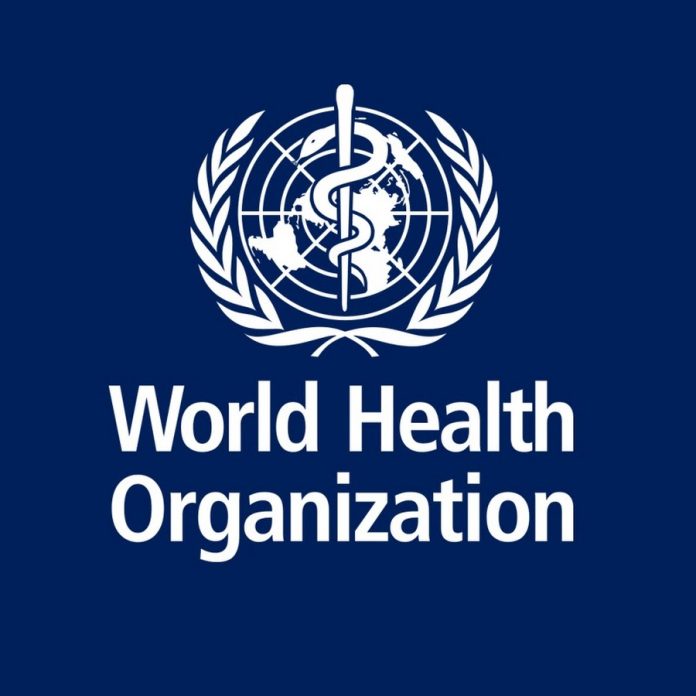Nigeria was among 21 African countries that reported a combined 164,804 cholera cases in the first seven months of 2025.
During the same period, 3,510 deaths were recorded across 18 countries, with Nigeria ranking among the top three for fatalities.
New statistics from the World Health Organisation (WHO) reveal that global cholera deaths rose sharply in 2024, increasing by 50 per cent compared with 2023.
Cholera cases also increased by five per cent, claiming over 6,000 lives in a disease that is both preventable and treatable.
WHO warned that the latest figures likely underestimate the true scale of the crisis due to gaps in reporting and surveillance. Cholera remains a major global public health threat. The acute diarrhoeal infection is caused by consuming food or water contaminated with the bacterium Vibrio cholerae.
“Access to safe water, basic sanitation, and hygiene is essential to prevent cholera and other waterborne diseases,” WHO emphasised. While most patients experience mild or moderate diarrhoea that is manageable with oral rehydration solution, untreated cases can become fatal within hours.
The report identified conflict, climate change, population displacement, and long-term deficiencies in water and sanitation systems as key drivers of rising cholera cases. “60 countries reported cases in 2024, up from 45 in 2023. The burden remained concentrated in Africa, the Middle East, and Asia, which together accounted for 98 per cent of all reported cases,” WHO stated.
At least 12 countries each reported more than 10,000 cases in 2024, seven of them experiencing large outbreaks for the first time. Comoros recorded a resurgence after more than 15 years without outbreaks, highlighting the persistent risk of global transmission.
“The case fatality ratio for Africa rose from 1.4 per cent in 2023 to 1.9 per cent in 2024, revealing critical gaps in the delivery of life-saving care and signalling the fragility of many health systems,” WHO noted.
As of July 2025, Nigeria was among three countries with worsening outbreaks, alongside the Democratic Republic of the Congo and South Sudan. The Multi-Country Outbreak of Cholera report, released on 28 August, showed that in July, the African Region recorded 20,053 new cholera cases across 14 countries, a seven per cent increase from June.
“The highest number of cases were reported from the Democratic Republic of the Congo (8,308), South Sudan (6,740), and Nigeria (2,638),” WHO added.
Between January and 27 July 2025, Nigeria contributed significantly to Africa’s cholera burden. Earlier WHO data obtained in June indicated that Nigeria reported 1,562 cases between January and May, part of 117,346 cases across 17 African countries.
However, underreporting, weak surveillance, and limited diagnostic capacity mean the figures may not fully reflect the situation. A new oral cholera vaccine, Euvichol-S®, was prequalified in early 2024 and added to the global stockpile, helping maintain supply above the emergency threshold of five million doses during the first half of 2025. Due to continued high demand, the temporary single-dose regimen introduced in 2024 remained in effect.
In 2024, requests for 61 million doses were made to the global stockpile, with a record 40 million approved for emergency, reactive campaigns in 16 countries. Yet supply constraints continued to outstrip demand.
“Preliminary data indicate that the global cholera crisis continues into 2025, with 31 countries reporting outbreaks since the start of the year,” WHO stated.
“The global risk from cholera remains very high. WHO is responding urgently to reduce deaths and contain outbreaks, supporting countries through surveillance, case management, provision of essential supplies, field coordination, and community engagement.”


